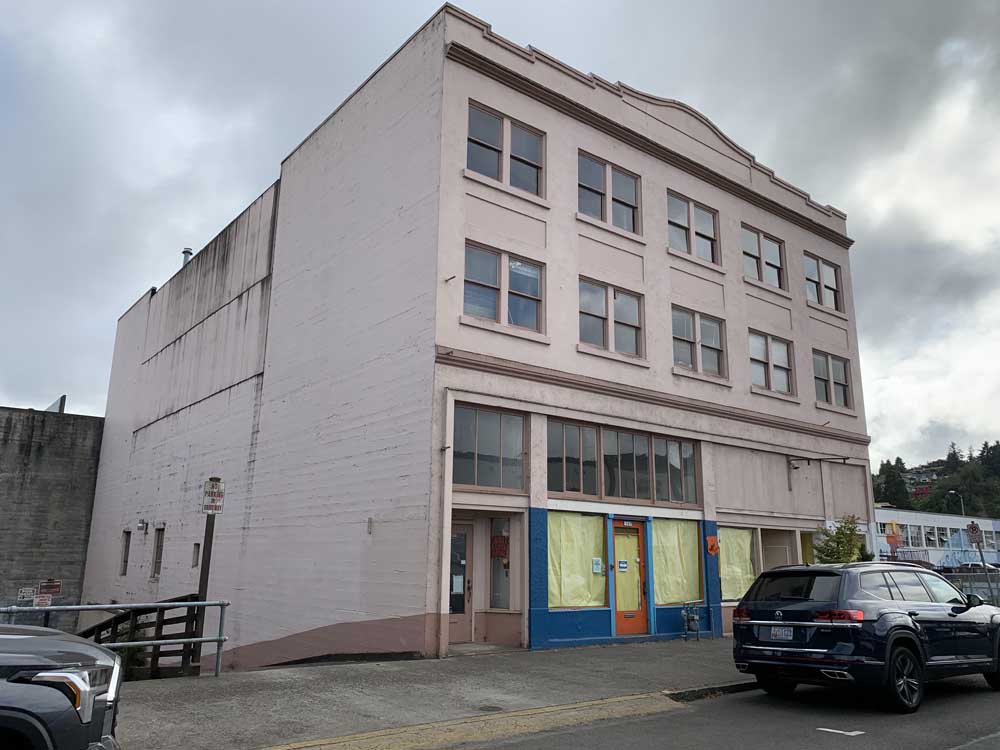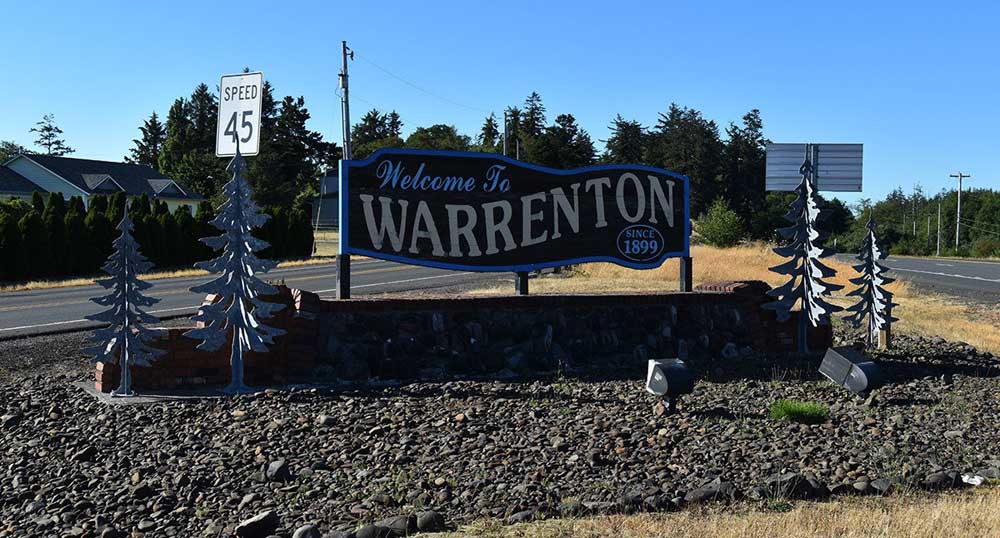County eyes hazardous household waste disposal
Published 5:00 pm Monday, April 6, 2009
Board of Commissioners scheduled to vote on new plan WednesdayA problem faces most households these days – how to safely dispose of unwanted oil, paint, cleaning solvents, antifreeze, pesticides or other hazardous materials found in most homes.
It’s not OK to throw these products out with the rest of the household trash, or pour them down the drain. They contain materials that are toxic, flammable or corrosive and can cause harm to people and the environment.
To provide local citizens with a way to get rid of these items easily and safely, Clatsop County and Western Oregon Waste (WOW) have partnered to develop a comprehensive disposal program for household hazardous waste.
The Clatsop County Board of Commissioners is scheduled to vote on the new plan at its regular meeting at 10 a.m. Wednesday in the Judge Guy Boyington Building, 857 Commercial St.
The centerpiece of the plan is the proposed development of a new permanent collection station, possibly located at the WOW transfer station Williamsport Road, and designed to handle hazardous material. The site and other details will be finalized by a steering committee that will oversee the program. The facility would be open eight days a year to accept a variety of household hazardous waste items.
A contractor would be selected to provide collection, transport and ultimate disposal at the facility. People with immediate disposal needs outside the eight collection days could make appointments to drop off material on an emergency basis.
It will be open to all households, as well as certain small businesses that generate less than 220 pounds of hazardous waste a month. Use of the new facility would be free to residents, while the businesses would be charged a fee equal to 25 percent of the actual collection and disposal costs.
The plan calls for an increase in the garbage disposal rate at the Astoria Transfer Station of $5 per ton, beginning July 1, 2010. The disposal increase will affect monthly garbage/recycling service rates. The current estimate puts the projected increase at 42 cents a month for a household with one-can service. The project would also be eligible for an Oregon Department of Environmental Quality grant of up to $77,000.
If the plan is adopted by the Board, it will next go to the city councils of Astoria, Cannon Beach, Gearhart, Seaside and Warrenton for their approval.
Laura Leebrick, government and corporate affairs manager for WOW, said opportunities for residents of rural counties to get rid of their hazardous waste are rare, and that can result in people disposing of these materials in unsuitable ways – tossing them in with their regular trash, pouring them down the drain or dumping them in the woods.
Along with their long-term effects on the environment, hazardous household materials pose a real hazard to trash haulers and handlers who come into contact with them during the normal course of processing customers’ garbage, Leebrick said. Not long ago a worker at a trash station in Tillamook had to be hospitalized after being overcome by vapors from a substance mixed in with someone’s regular trash.
“People may think ‘if I just pour it down the drain it will get diluted.’ Or they hide it with their trash,” she said. “(These materials) are incredibly hazardous for people to be exposed to.”





